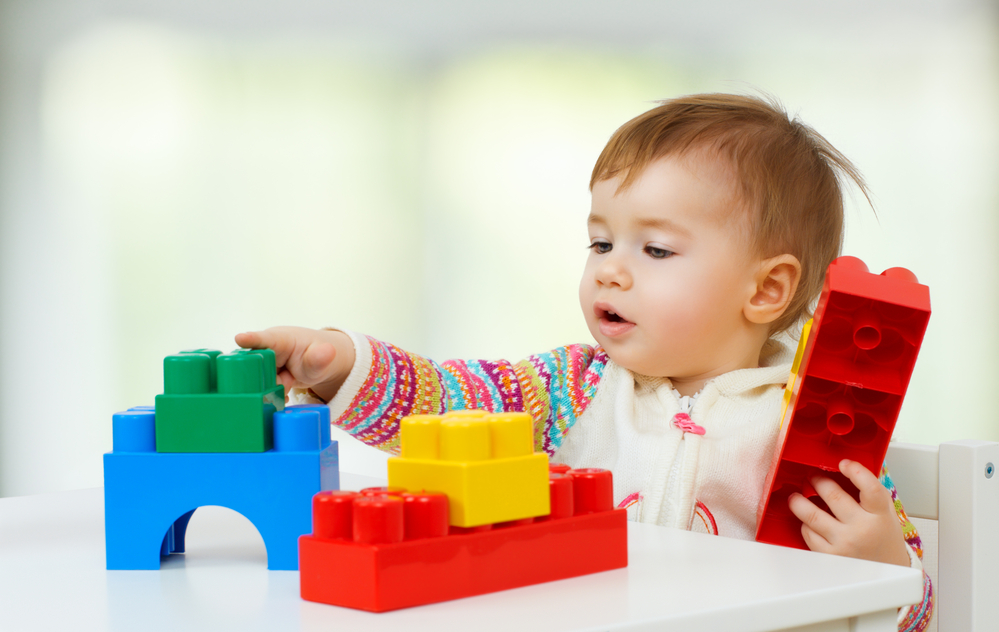
We live in an era where the prominence of digital screens often outshines traditional play. However, research consistently emphasizes the irreplaceable value of hands-on, playful experiences in early childhood for cognitive development. Toys are not merely entertainment; they stimulate children's minds, encourage growth, and lay the groundwork for lifelong learning and problem-solving abilities. Here are six ways toys are pivotal in shaping our children's future.
- Promoting Exploration
Children are innate explorers. Toys such as puzzles, building blocks, or interactive science kits stimulate a child's natural curiosity and urge to investigate. And this exploration keeps them engaged, helping them understand cause-and-effect relationships and the world around them. Through play, children learn to observe, hypothesize, experiment, and come to conclusions - all essential aspects of the scientific method. - Encouraging Creativity
Creativity is the cradle of innovation and critical thinking. Toys such as art supplies, construction sets, or imaginative playsets provide a platform for children to express their creativity and imagine possibilities beyond the visible world. They can construct new environments, create unique stories, and design structures that exist only in their imagination. This practice fosters flexible thinking and the ability to see multiple solutions to a problem. - Building Language Skills
Language skills are foundational for successful communication and academic success. Storybooks, puppets, role-play toys, and simple picture cards can stimulate language acquisition and literacy skills. Children learn to understand and use language effectively through play, enhancing their vocabulary, sentence structure, and narrative skills. Moreover, interactive play offers opportunities for social communication, fostering verbal and non-verbal cues. - Developing Fine Motor Skills
Toys are excellent tools for honing fine motor skills, essential for tasks such as writing, buttoning, or using a computer later in life. Toys that require manipulation, like building blocks, craft kits, or threading beads, promote hand-eye coordination and fine motor skill. Through repeated play, children gain precise movements and build the stamina needed for more complex tasks. - Fostering Problem-Solving Skills
Problem-solving skills are vital for personal and academic success. Puzzles, logical games, and construction toys help children learn to recognize problems, consider various solutions, and implement their plans. Then, through trial and error, they learn to persevere and adjust their strategies, developing resilience and an understanding that mistakes are part of the learning process. - Enhancing Memory Skills
Toys can significantly aid in memory development. For example, games that require recall, like memory match cards, sequence games, or simple board games, reinforce short-term memory and attention span. Moreover, toys that require following rules or strategies can enhance working memory, which plays a crucial role in academic skills such as reading comprehension and arithmetic.
Toys are more than simple playthings; they shape a child's cognitive development. From encouraging Creativity and Exploration to cultivating fine motor and problem-solving skills, toys are an indispensable aid in cognitive development. By intentionally choosing toys that encourage Exploration, Creativity, language skills, fine motor skills, problem-solving, and memory, we can play a part in preparing our children for future success. Remember, every toy you choose for your child isn't just a source of fun but a stepping stone toward their growth and learning. Let's leverage the power of play to shape the minds of tomorrow!
